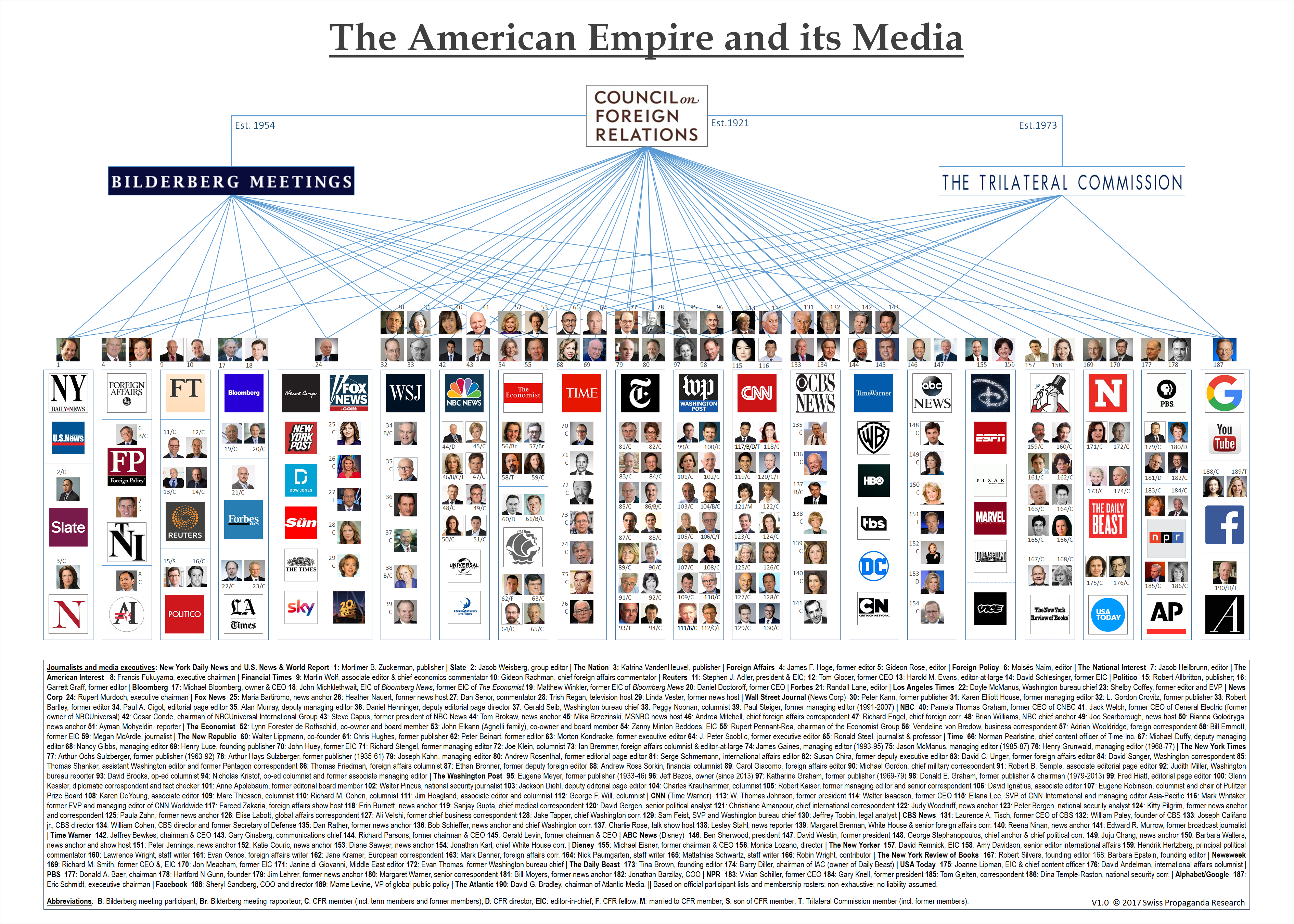http://www.sankei.com/smp/world/news/180131/wor1801310027-s1.html
【ワシントン=塩原永久】トランプ米大統領は30日夜(日本時間31日午前)、上下両院合同会議で初の一般教書演説を行った。大型減税や規制緩和を進めて経済成長につなげた就任1年目の実績を誇示。インフラ整備や移民政策を内政の優先課題と位置づけ、超党派の協力を呼びかけた。外交面では「米国を危険に陥れた過去の政権が犯した過ちを繰り返さない」と述べ、北朝鮮問題などで厳しく対処する方針を鮮明にした。
トランプ氏は演説で、就任後に「240万人の雇用が生まれた」と述べ、成果をアピール。昨年末に税制改革を実現した結果、「大規模な減税の恩恵が中間層に及ぶ」とし、今後の景気に自信を示した。法人税率を35%から21%に引き下げたことで「米企業はどのような相手に対しても勝つ」とも述べた。
また、「安全で速く、かつ近代的なインフラ」の必要性を指摘し、老朽化した道路や橋などの再整備を進める方針を表明した。通商問題に関連し、「米国の企業や雇用の流出を招いた不公正な通商協定」を改めて批判。米国と相手国の互恵的な関係を強く求めた。
新たな移民政策に取り組む決意も示し、幼少期に親と不法入国した若者らを対象に、一定期間を経て市民権を与える道を開く救済策を表明。メキシコ国境の壁建設を実現するため、建設費の予算計上をはじめとする協力を議会に要請。
トランプ氏は「われわれはひとつのチームだ」として国民の団結を訴え、不法移民対策などで野党に歩み寄りを促した。
安全保障面では、戦略的な競争相手と位置づける中国やロシアに厳しく対応する姿勢を強調。日本や韓国などの同盟国との連携を緊密化させていく方針を確認し、朝鮮半島の非核化に向けて「最大限の圧力」をかける決意を表明。
また、イスラム教スンニ派過激組織「イスラム国(IS)」の掃討作戦で、米軍主導の有志連合が「イラクやシリアでISに奪われた地域を100%解放した」と述べ、ISを根絶させるテロとの戦いに引き続き傾注する方針。
80名無しさん@1周年
2018/01/31(水) 22:33:18.92ID:g1wVE9XT0 >>74
情報は世論を人工的かつ効率的に形成するためのツールとして使われてるから
最近で有名なのはアメリカで政権交代後明らかになってたDCのトゥルーマンビルの
建物の中に部署があったマスコミ用の記事を毎日作成してたやつとかね
いちいち放送内容にまで注文付けてたって
ジョンケリーって多分知ってる人もいると思うけどそれもそのメンバーだった
そんな国アメリカの占領下だった日本はお察しですぞ
「世論を人工的かつ効率的に形成」が如何に重要な任務かご想像どおりである
因みにマスコミの上下関係

情報は世論を人工的かつ効率的に形成するためのツールとして使われてるから
最近で有名なのはアメリカで政権交代後明らかになってたDCのトゥルーマンビルの
建物の中に部署があったマスコミ用の記事を毎日作成してたやつとかね
いちいち放送内容にまで注文付けてたって
ジョンケリーって多分知ってる人もいると思うけどそれもそのメンバーだった
そんな国アメリカの占領下だった日本はお察しですぞ
「世論を人工的かつ効率的に形成」が如何に重要な任務かご想像どおりである
因みにマスコミの上下関係

